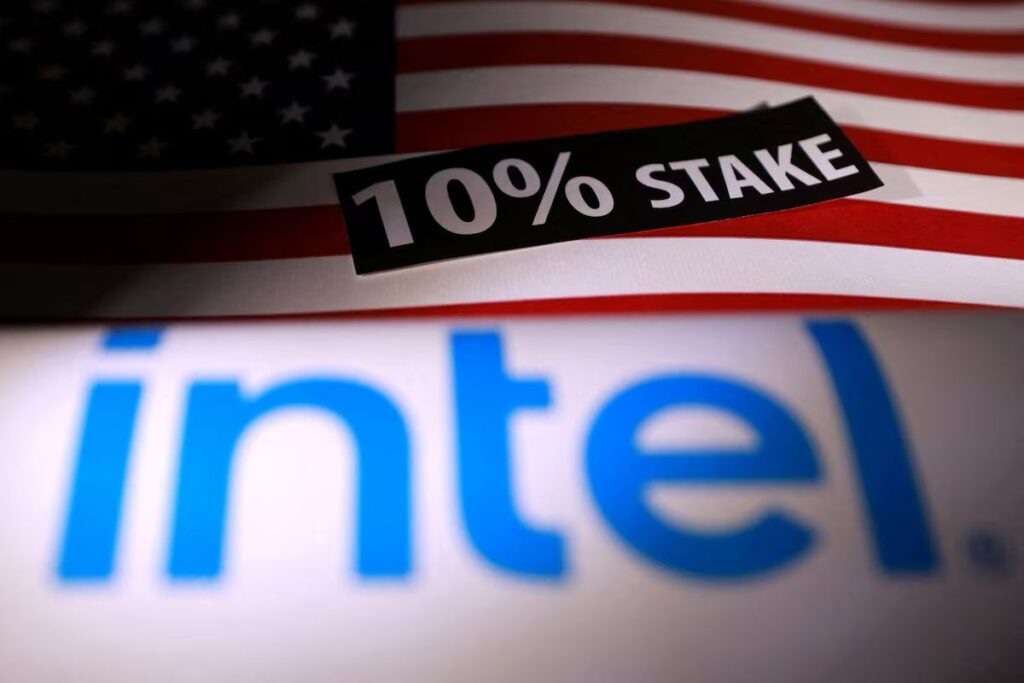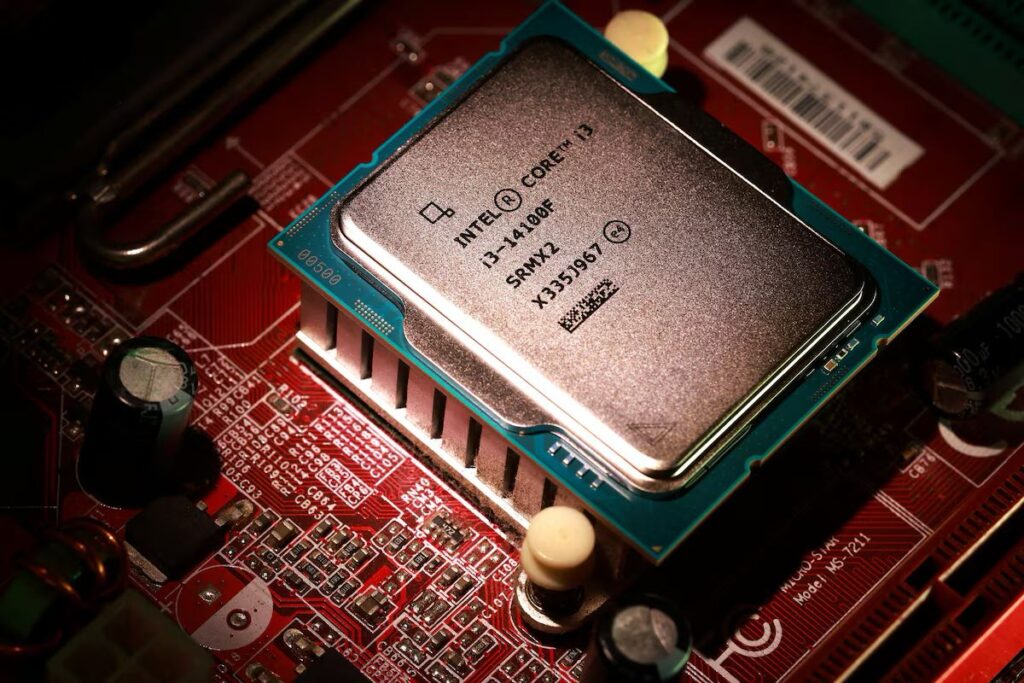
Intel Corp. has warned that the U.S. government’s new 9.9% ownership stake could pose significant risks to its global business, including potential harm to international sales and reduced access to future government grants. The disclosure came in a securities filing on Monday, after the Biden-era semiconductor subsidies under the 2022 CHIPS Act were converted into equity by the Trump administration—an unprecedented move signaling deeper government involvement in corporate America.
According to the filing, the U.S. government’s $11 billion equity stake stems from $5.7 billion in unpaid CHIPS Act grants and $3.2 billion awarded under the Secure Enclave program. While Intel CEO Lip-Bu Tan publicly stated in a Commerce Department video that the company did not need the grant and welcomed the government as a shareholder, Intel’s filing raised concerns that the deal could complicate its business abroad. The company cautioned that foreign governments might impose new subsidy rules or restrictions, particularly since 76% of Intel’s revenue comes from outside the U.S., with China accounting for nearly a third.

Intel also noted that the share issuance to the government, priced at a $4 discount to last Friday’s $24.80 close, would dilute existing shareholders. While shares rose 2% to $25.25 in early Monday trading, the company acknowledged that the government’s significant influence could limit its ability to pursue shareholder-focused deals. The development follows reports that President Trump had pressured Tan to resign over his ties to Chinese firms before agreeing to the government stake.
